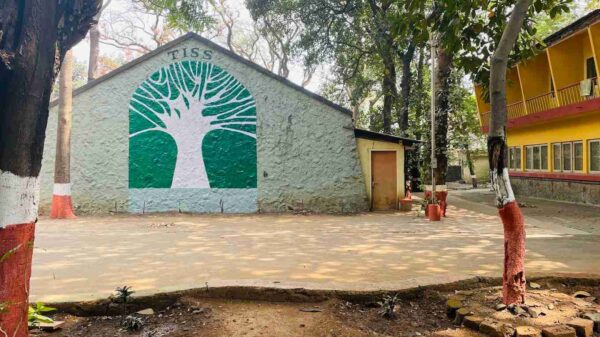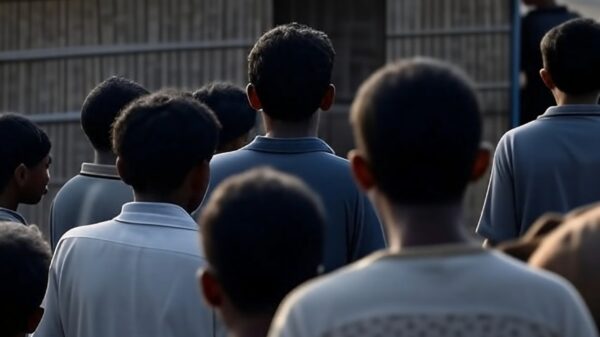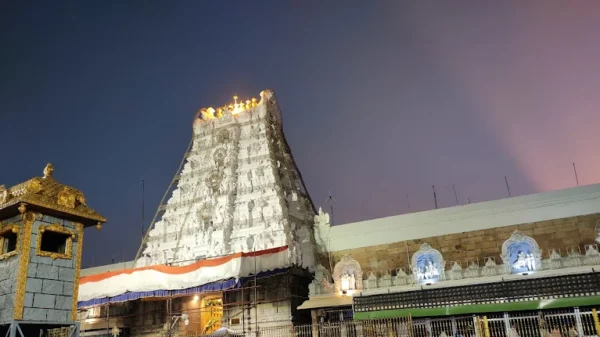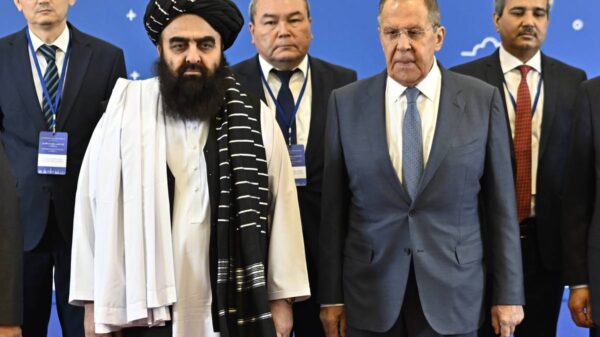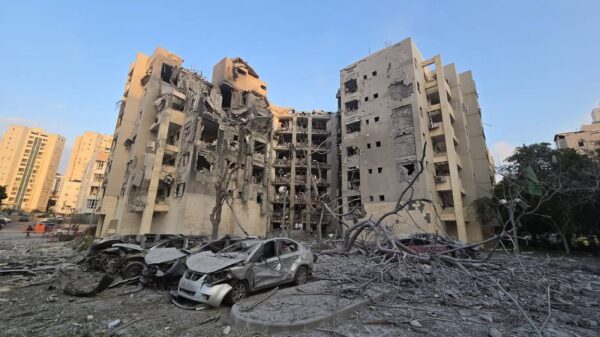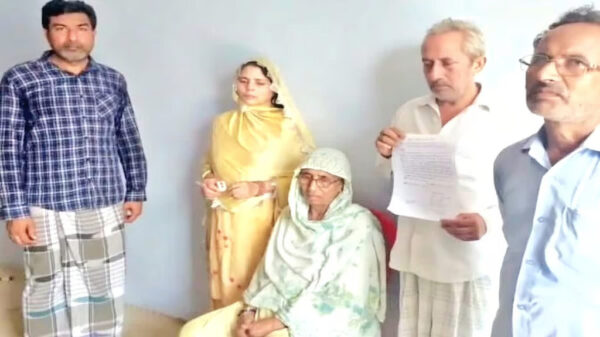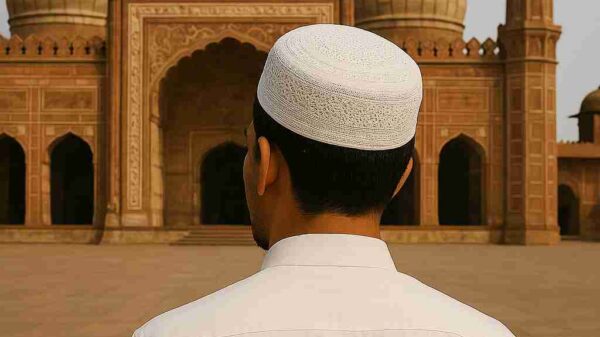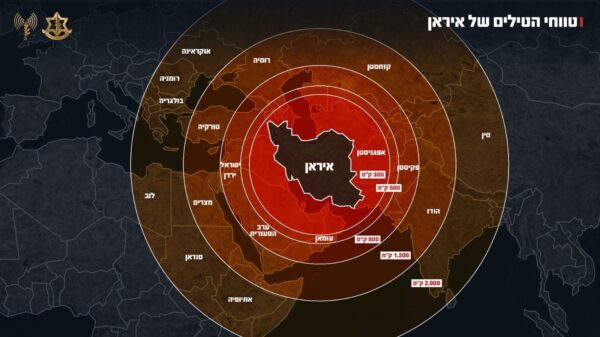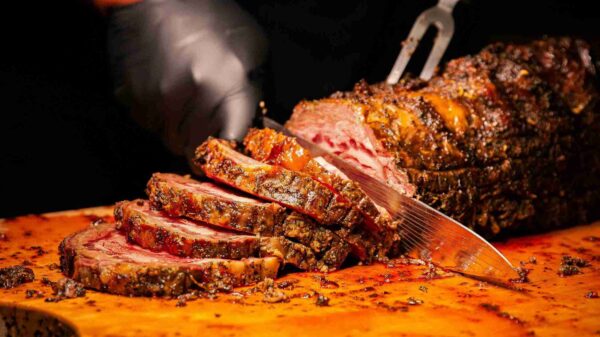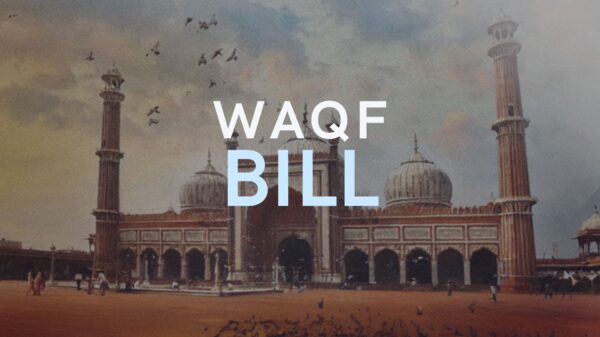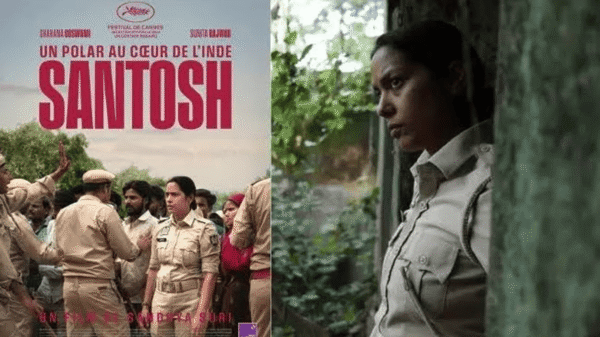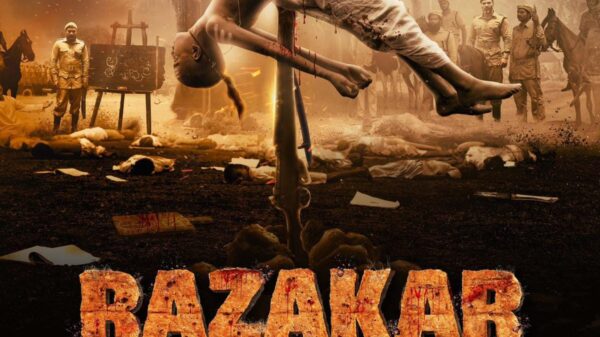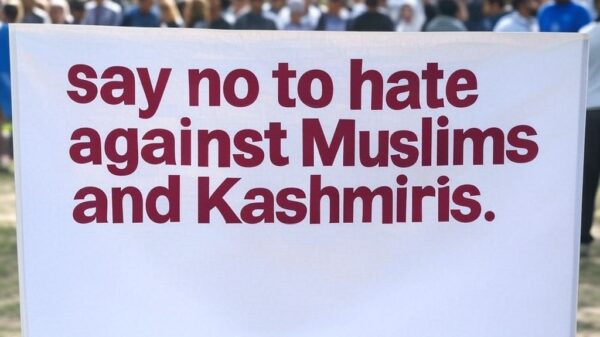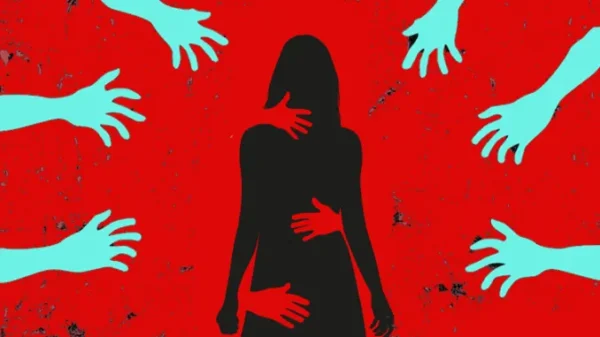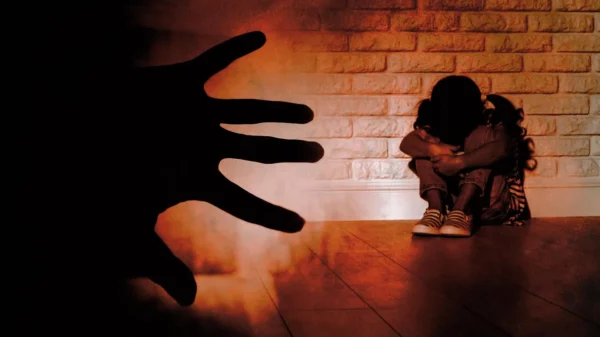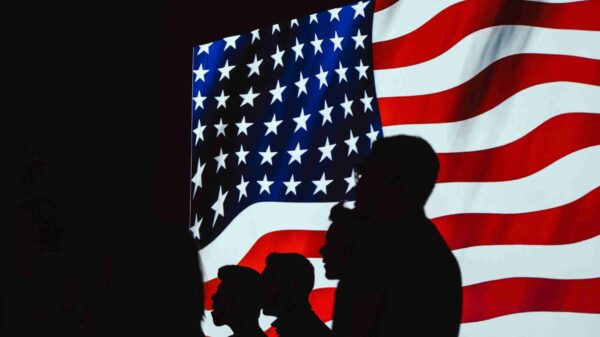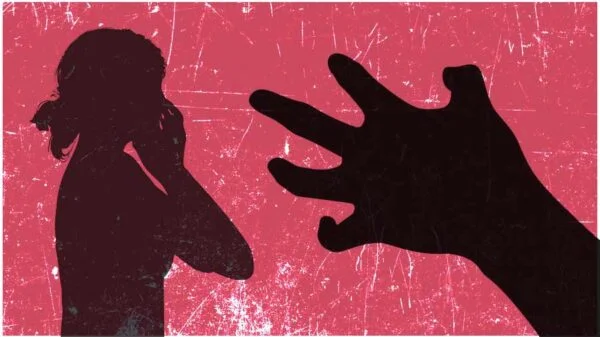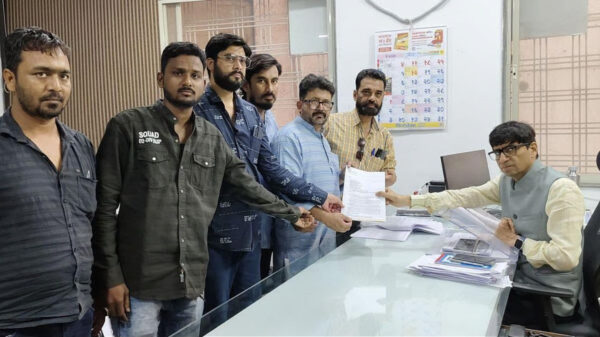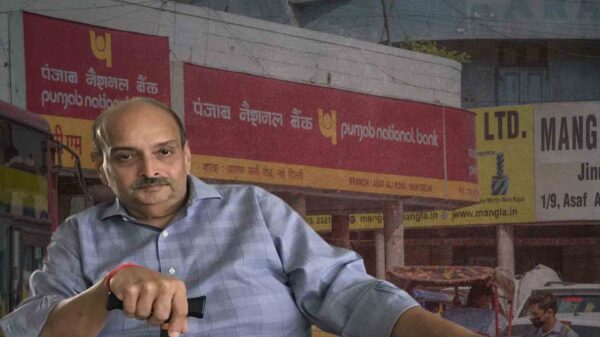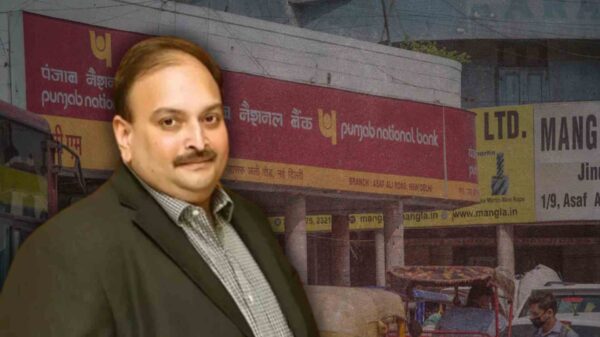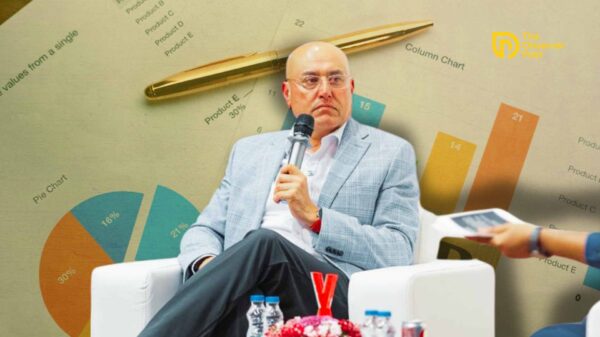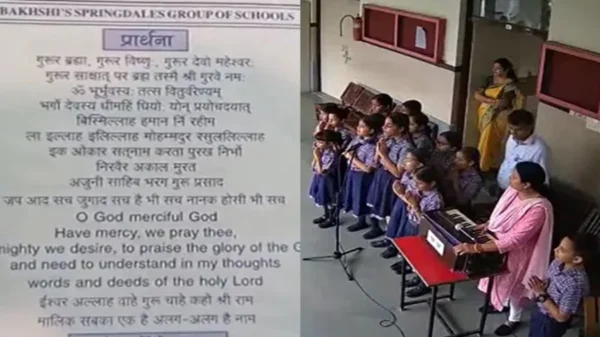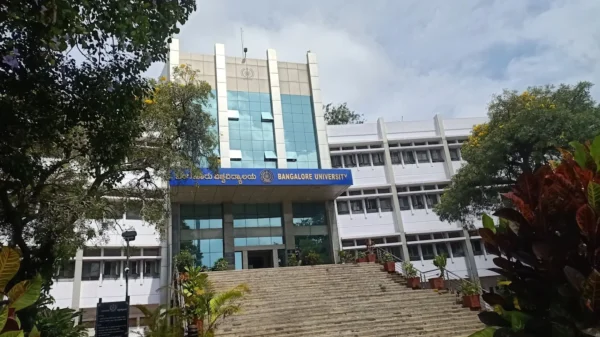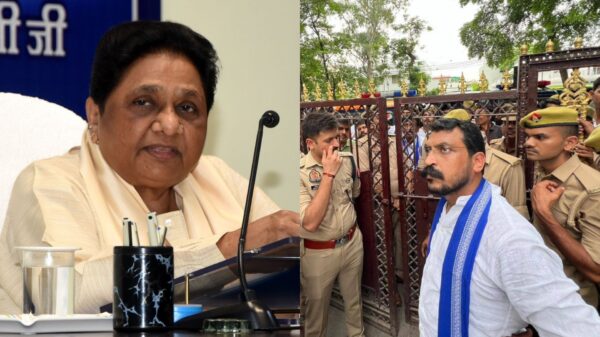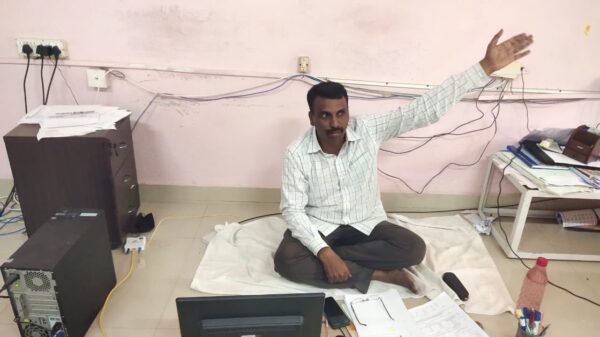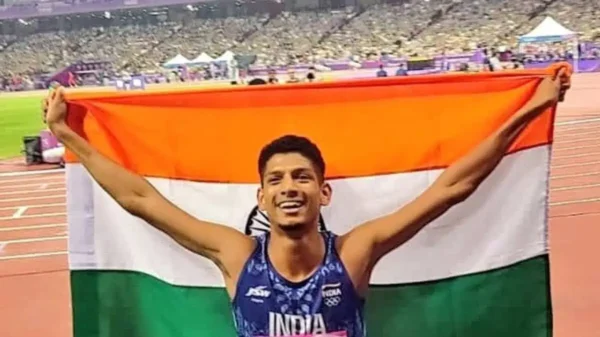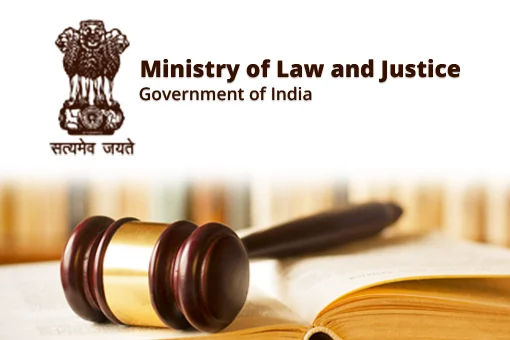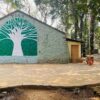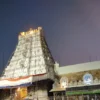The Indian government recently disclosed concerning data regarding the appointment of High Court judges in the country since 2018. Out of the 604 judges appointed during this period, a staggering three out of four belonged to the upper caste communities. On the other hand, Dalits and tribals, together, accounted for less than 5 per cent of the appointments.
In response to a query by AIMIM MP Asaduddin Owaisi, Law Minister Arjun Meghwal clarified that the social background information of the recommendees for elevation to High Court judges was collected based on a revised Annexure finalized in 2018.
According to the information provided by the recommendees themselves, a substantial 75.58 per cent of the appointed judges, totaling 458 individuals, belonged to the General Category. A mere 18 judges (2.98 per cent) were from Scheduled Castes, and nine judges (1.49 per cent) hailed from Scheduled Tribes.
The representation of Other Backward Classes (OBC) communities was also found to be relatively low, with only 72 judges (11.92 per cent) coming from this background. Additionally, a mere 34 judges (5.6 per cent) belonged to minority communities, while information was not available for thirteen judges.
The government’s response was in reference to Owaisi’s question about the alleged overrepresentation of upper castes among the appointed judges. The data indeed indicates an inequitable representation of backward and minority communities in the judiciary.
To put these figures in perspective, according to the 2011 Census, Scheduled Castes make up about 16.6 per cent of the population, while Scheduled Tribes account for 8.6 per cent. Minority communities represent around 19.3 per cent of the population. The OBC population, although not officially counted during the Census, is estimated at approximately 52 per cent according to the Mandal Commission calculation.
The Law Minister clarified that the appointment of judges to the Supreme Court and High Courts is governed by Articles 124, 217, and 224 of the Constitution, which do not provide for any caste-based or class-based reservation.
“However, the Government has been requesting the Chief Justices of High Courts that while sending proposals for appointment of judges, due consideration be given to suitable candidates belonging to Scheduled Castes, Scheduled Tribes, OBCs, minorities and women to ensure social diversity in the appointment of judges in High Courts,” he said.
“As per the Memorandum of Procedure for appointment of Judges in the Supreme Court and High Courts, the government appoints only those persons who are recommended by the Supreme Court Collegium,” he said.






